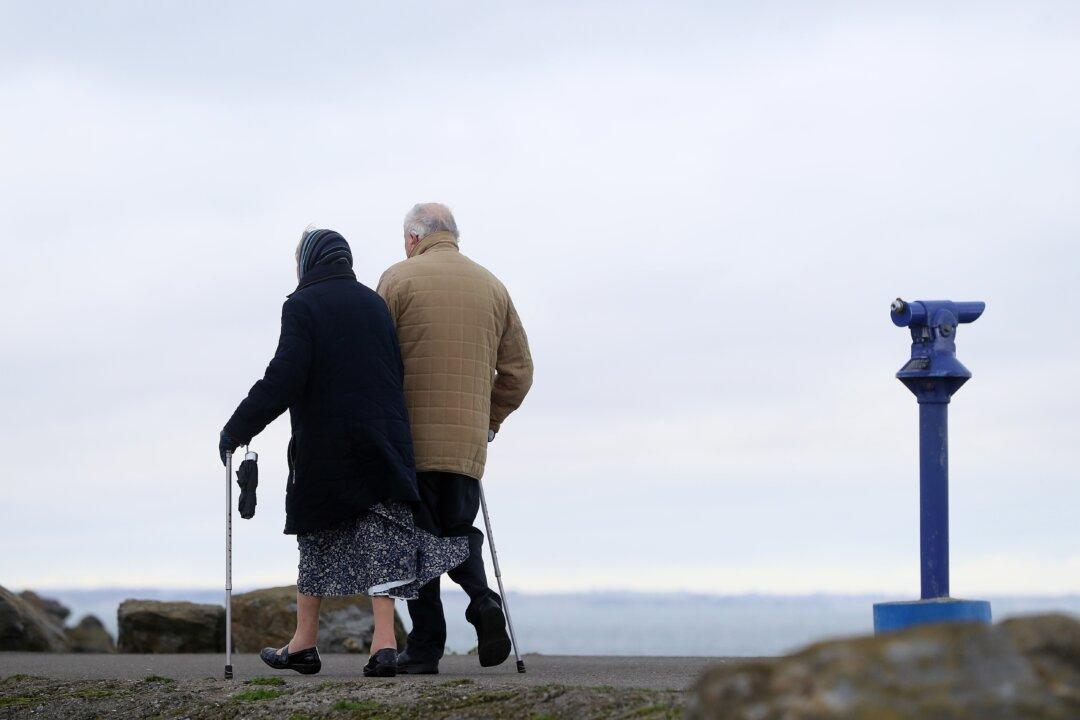Older people experienced the greatest rise in anxiety during the first national coronavirus lockdown and should be prioritised for mental health support as restrictions are eased, research suggests.
The study by UK and U.S. researchers, believed to be the largest of its kind, found “wide-ranging positive and negative effects” on the UK population’s mental health and wellbeing.




